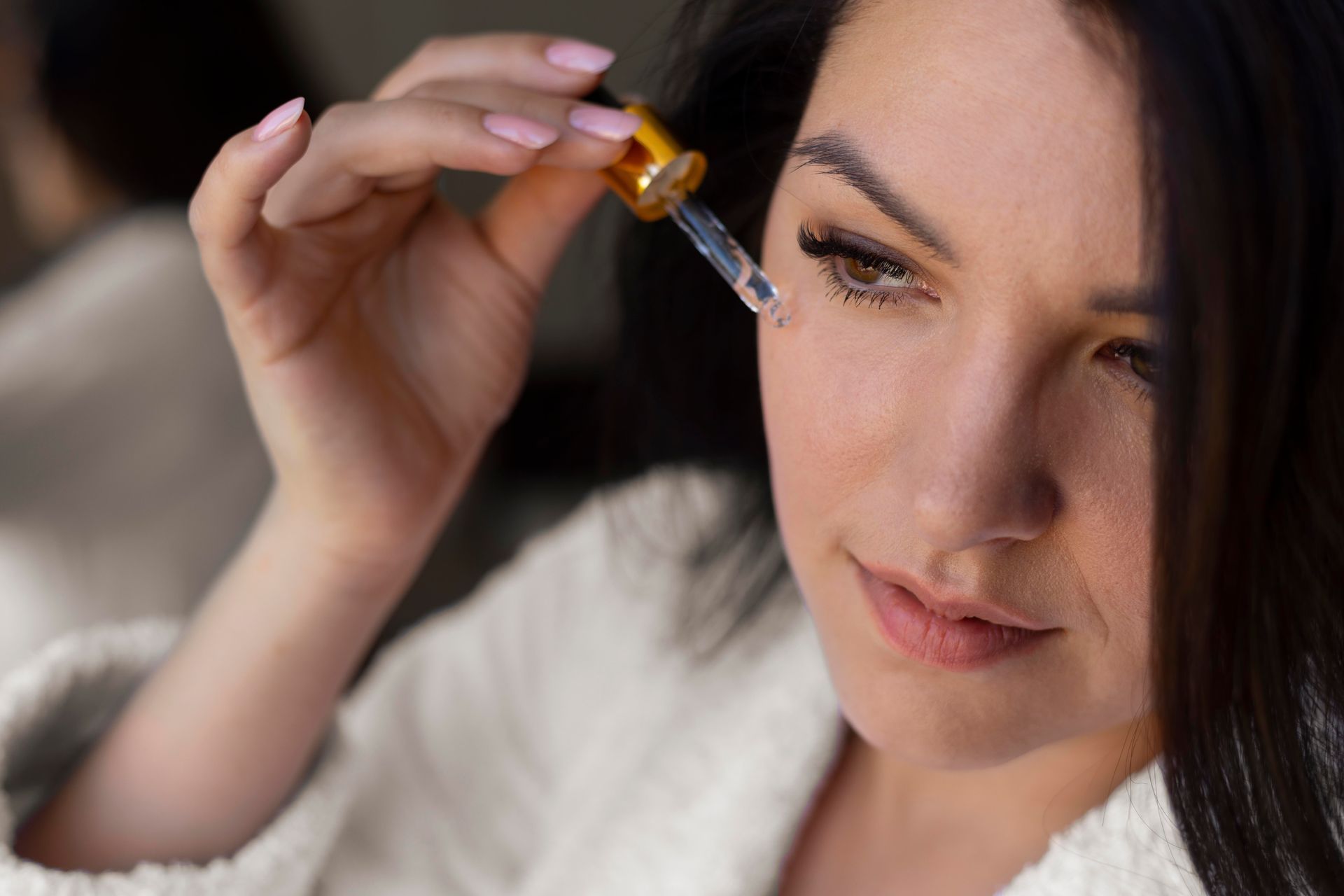Is Laser Hair Removal Effective for Gray or Blonde Hair?
Laser hair removal is often marketed as a permanent solution for unwanted hair—but if your hair is blonde, gray, or white, you’ve probably heard mixed answers about whether it works for you. Some clinics say yes with “new technology,” while forums and real patient experiences often suggest otherwise. Let’s clear the confusion and dive into the facts, the myths, and the real options available.
How Laser Hair Removal Feels on Every Body Part
How Laser Hair Removal Works (and Why Color Matters)
Laser hair removal targets melanin, the pigment in hair follicles. The laser light is absorbed by this pigment, which then heats and damages the follicle to prevent regrowth.
This means:
- Dark, coarse hair on light skin responds best (high contrast, lots of pigment).
- Blonde, gray, red, or white hair often struggles because there isn’t enough pigment for the laser to “see” and destroy.
Without pigment, the laser has nothing to target—this is why results are much less effective on light-colored hair.
Is Laser Hair Removal Good for Blonde Hair?
Blonde hair is tricky. Some people with dark blonde or dirty blonde hair (with visible pigment) can see some reduction, though usually not as dramatic as with darker hair. Very light blonde or platinum hair typically does not respond at all.
A user on Quora, Andrea Marie, summed it up: “Yes, the laser cannot detect white or blond hairs. For those, you need electrolysis.”
Some new devices claim to treat blonde hair with different wavelengths or alternative technologies, but studies show mixed results. For most people, effectiveness is minimal compared to darker hair.
What About Gray or White Hair?
Unfortunately, gray and white hairs contain no melanin at all, so traditional lasers simply can’t target them. Quora users and Redditors alike share frustration with this: many tried multiple sessions and saw no reduction.
As Timmy Taduchi explained: “Some lighter hair didn’t seem to be affected as much. Luckily, it was only a few hairs.”
If most of your hair is already gray or white, laser hair removal isn’t the right investment.
Why Some Clinics Claim They Can Treat Blonde & Gray Hair
You may see ads for Nd:YAG, Alexandrite lasers, or even “sound frequency” devices marketed as solutions for light hair. The truth?
- Nd:YAG lasers penetrate deeper but still require pigment. They’re excellent for darker skin tones but not for blonde/gray hair.
- Alexandrite lasers can sometimes treat darker blondes, but not platinum or gray.
- Radiofrequency and sound-based devices are being tested, but users report little success and often more discomfort (as one Quora poster noted: “That laser hurt WAY more than the regular one and didn’t reduce my leg hair at all.”).
What Happens if You Try Laser on Blonde or Gray Hair?
- You may spend a lot of money with little to no results.
- Some people even report paradoxical hair growth (stimulated new growth after failed sessions).
- Many end up frustrated because clinics overpromise without managing expectations.
This doesn’t mean you have no options—it just means you need the right alternative.
Can You Do Laser Hair Removal if You Have Tattoos?
Best Alternatives for Blonde & Gray Hair Removal
If laser isn’t effective for you, here are solutions:
Electrolysis
- Uses an electric current to destroy each follicle.
- Works on all hair colors and skin tones.
- FDA-approved as a permanent solution.
- Downside: more time-consuming since each hair is treated individually.
Waxing or Sugaring
- Not permanent but can thin hair over time.
- Better for larger areas like legs or arms.
Dermaplaning or Shaving
- Quick and affordable.
- Especially useful for fine blonde “peach fuzz” on the face.
Combination Treatments
- Some clients do laser for darker hairs and electrolysis for lighter hairs in the same area.
Is Electrolysis Really Better for Light Hair?
Yes. If you have mostly blonde or gray hair, electrolysis is the gold standard. Unlike laser, it doesn’t depend on pigment. Many people switch to electrolysis after wasting money on laser sessions.
Electrologists do warn about risks like skin irritation or minor scarring, but with an experienced provider, it’s a safe and effective permanent solution.
Which Candidates Should Skip Laser Hair Removal?
Laser isn’t a good option if:
- Your unwanted hair is light blonde, gray, or white.
- You expect 100% permanent results in just a few sessions.
- You’re being sold “guarantees” for blonde/gray hair without proof.
So, Is There Any Hope for Blonde & Gray Hair?
Yes—but probably not with traditional laser. If you have mixed hair types (dark and light), laser can reduce the darker hairs, while electrolysis or waxing can target the lighter ones. If your hair is fully light or gray, electrolysis is your best bet for lasting results.
Conclusion
Laser hair removal is a breakthrough for many, but it’s not one-size-fits-all. Blonde, gray, and white hairs simply don’t contain enough pigment to respond to most lasers, no matter how advanced the technology claims to be. If your goal is long-term smoothness, electrolysis remains the only truly permanent solution for light-colored hairs. For many people, the best approach is a combination of treatments tailored to their hair color, skin type, and goals. Always consult with a reputable clinic that sets realistic expectations—not one that just wants to sell you a package.










